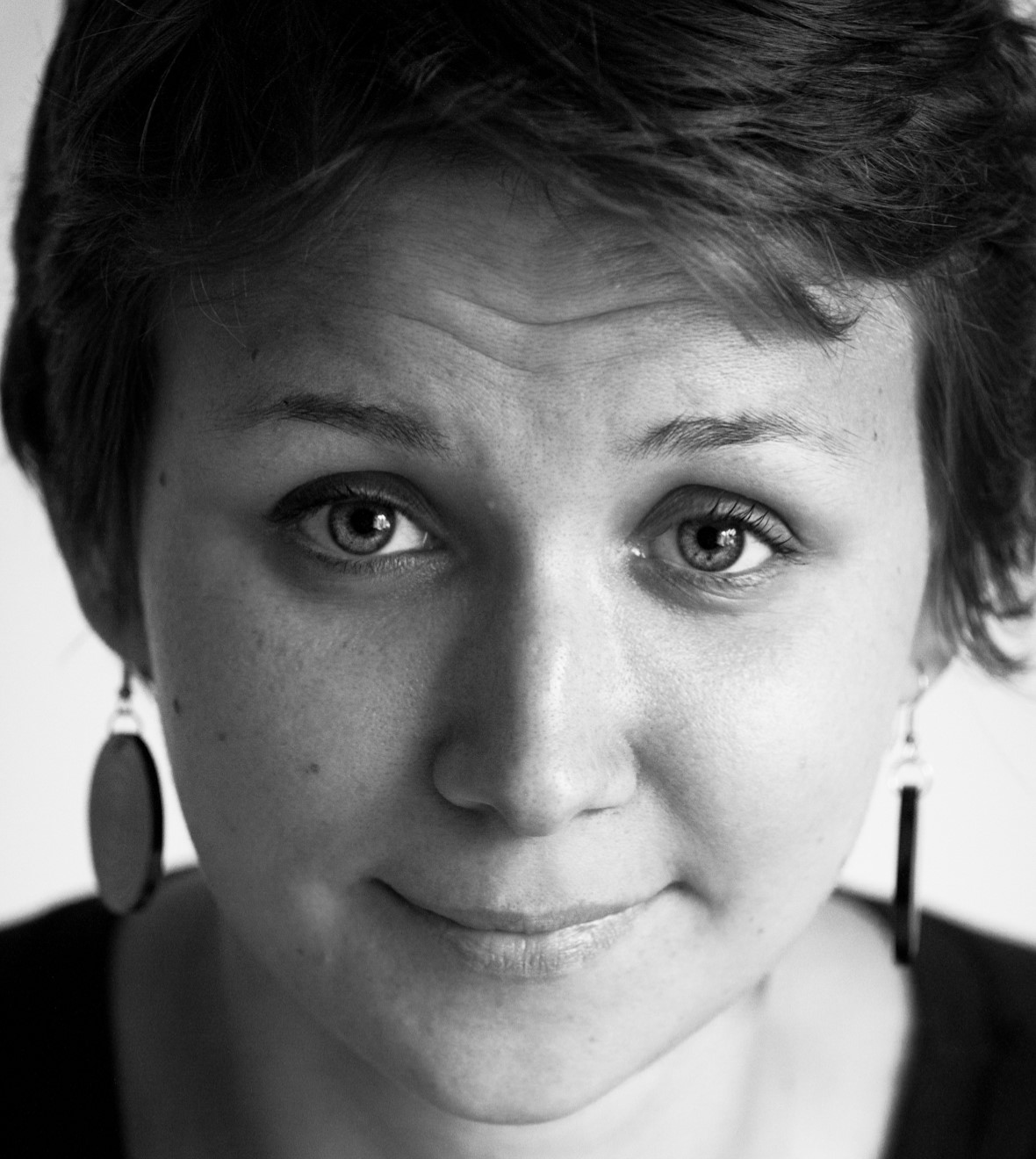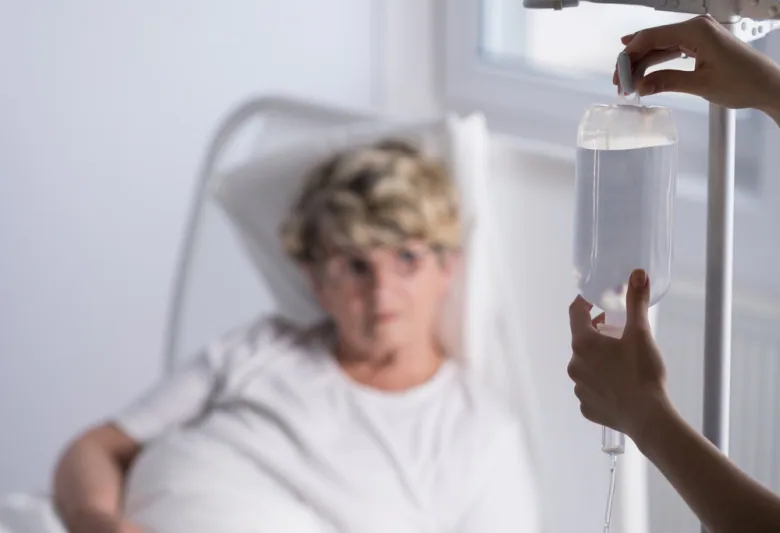Private education booms in Poland amid impact of politics and pandemic on public schools

By Agnieszka Wądołowska
Poland has seen a boom in the number of parents choosing to educate their children privately. As well as Poles’ growing wealth, the pandemic, upheaval caused by education reform, fears of politicisation of schools, and a shortage of teachers in the public system are all factors that have played a part in the growing trend.
This school year, around 36,700 pupils in Warsaw are attending private schools, according to estimates from city hall. That is over 20{039cb3d497d13c0517cca4e380353306ecb88d60826931115685fbb7eed37c07} more than the figure of 30,000 in 2018 and an increase of 37{039cb3d497d13c0517cca4e380353306ecb88d60826931115685fbb7eed37c07} since 2016, when it stood at 26,754. It also means that 12{039cb3d497d13c0517cca4e380353306ecb88d60826931115685fbb7eed37c07} of all school pupils in the city are now being privately educated.
Nationwide, the figure has also been rising, though it remains well below the level in the capital. Data from Statistics Poland (GUS). a state agency, show that the proportion of children in Poland attending non-public schools reached 7.25{039cb3d497d13c0517cca4e380353306ecb88d60826931115685fbb7eed37c07} in the 2020/21 academic year, up from 6.45{039cb3d497d13c0517cca4e380353306ecb88d60826931115685fbb7eed37c07} in 2015/16.

One of the reasons behind the trend has been a shortage of teachers and overcrowded classes in public schools. In Warsaw, the number of teacher vacancies has risen from 1,600 three years ago to more than 2,000 at the beginning of this school year. Approximately 7{039cb3d497d13c0517cca4e380353306ecb88d60826931115685fbb7eed37c07} of teachers quit their jobs in the 2020/2021 school year.
Iga Kazimierczyk from the Space for Education foundation says that a closer look at most private schools reveals that they do not offer anything extraordinary. What is dramatic about the current situation, she argues, is that people in Poland need to pay for things that are standard in western Europe.
“Parents declare that they choose private education simply because they want a school that has no vacancies, that offers extra classes, or simply has a common room,” Kazimierczyk told Notes from Poland.
Many teachers left public schools due to the strains caused by the pandemic, which forced them to quickly adapt to online classes and to lose direct contact with students for long periods.
Remote learning harmed education, deepened inequality and damaged health, finds Polish state auditor
“Private schools adapted to the pandemic situation more quickly”, as both teachers and students had access to better equipment and the switch to online education was smoother, says Dorota Łoboda, head of the education commission on Warsaw city council and also a politician from the opposition Civic Platform (PO) party.
Arkadiusz Walczak, director of the Warsaw Centre for Socio-Educational Innovation and Training, believes that psychological problems and other challenges that many students are facing in the aftermath of lockdowns and social distancing will probably further fuel the trend of shifting to private education.
“After a period of online education, a lot of students have problems with adapting again to overcrowded [public] schools, which often can’t offer an individual approach and support,” he told Notes from Poland.
The inequality epidemic in Poland’s schools
However, Walczak also notes that the growing trend for private education began before the pandemic. “The popularity of private schools started with the reform of education introduced by PiS and all the troubles it has brought for the public education system,” he says, referring to changes introduced by the Law and Justice (PiS) government in 2017 that completely removed middle schools, undoing an earlier reform which introduced them in 1999.
That forced a rapid and radical restructuring of schools – the second within 20 years – causing disruption not only for pupils and parents, but also for staff.
“Just before the time PiS came to power, education began to be one of the public services in Poland that was getting into relatively good shape thanks to a number of changes introduced by the PO government, including admitting six-year-olds into school,” says Kazimierczyk.
“Until the so-called education reform, private education was a kind of a complementary offer to public schools,” said Łoboda, quoted by Gazeta Wyborcza. Parents chose them as they provided “something extra”. But now parents are lured to private institutions by the prospect of “stability of education” and because they are worried that the level of public schools is not “good enough” any longer.
The government’s education reform was ‘poorly prepared and implemented’, finds a damning report by the Supreme Audit Office (NIK), which says the overhaul left schools overcrowded and underfunded, with conditions for learning suffering as a result https://t.co/E8iO7LwMi1
— Notes from Poland 🇵🇱 (@notesfrompoland) May 22, 2019
“The growing privatisation of education has a negative impact on public education,” says Kazimierczyk. “These who leave are often those who care about education, the middle class, the ‘intelligentsia’, as we once called it. But that in turn results in a situation in which children of lower social-economic status will have less contact with them and public education won’t be able to perform one of its main goals, which is alleviating educational inequalities.”
Further concerns among some parents were raised by the appointment as education minister in 2020 of Przemysław Czarnek, an ultraconservative figure accused of homophobic, misogynist and racist views.
Before becoming a minister, Czarnek had said that “LGBT ideology…comes from the same roots as Nazism” and that its adherents “are not equal to normal people”. He also warned of the dangers of telling women that they can have “a career first, and maybe a child later”, saying that they were “called on by God” to have children.
Since taking on the role, he has announced that Polish public schools will teach that the European Union is an “unlawful entity”; called for them to teach business and sexuality using the writings of Pope John Paul II; and moved to prevent pupils from being allowed to drop both religion and ethics classes (while picking mostly Catholic universities to train more teachers for the theoretically secular ethics classes).
Schools should teach business and sexuality using pope’s writings, says Polish education minister
Last year, Czarnek proposed a law that would have centralised control over schools, allowing government-appointed superintendents to ban certain groups – such as NGOs – from visiting schools and giving them more powers to hire and fire headteachers. He said it would help “protect children from moral corruption”.
Though parliament approved the bill, it was eventually vetoed by President Andrzej Duda. However, Duda, a PiS ally, made clear that he agreed with parts of the law and was only vetoing to avoid causing domestic political disputes amid Russia’s war in Ukraine. “Let’s postpone this for later,” said Duda, raising concern that the law could later be introduced.
Such developments have led a growing number of parents to consider private education, especially in large cities, which are not only wealthier but also have on average a more liberal population likely to be opposed to the PiS government.
“For some parents, it’s crucial that a school does not mould their children religiously or politically, that it’s free of any form of ideologisation,” says Kazimierczyk.
Polish president vetoes government’s law to centralise control over schools
A poll last year by Ipsos for OKO.press asked people whether they would send their child to a non-public school if money were not an obstacle. In the largest cities (with a population over 500,000), 62{039cb3d497d13c0517cca4e380353306ecb88d60826931115685fbb7eed37c07} of people said that they would, while in the countryside the figure was only 48{039cb3d497d13c0517cca4e380353306ecb88d60826931115685fbb7eed37c07}.
Among supporters of the main political parties, perhaps counterintuitively the desire for private education was highest among those who favoured The Left (Lewica), at 59{039cb3d497d13c0517cca4e380353306ecb88d60826931115685fbb7eed37c07}. For the centrist Civic Coalition (KO), the largest opposition group, the figure was 56{039cb3d497d13c0517cca4e380353306ecb88d60826931115685fbb7eed37c07}. Among PiS supporters, 44{039cb3d497d13c0517cca4e380353306ecb88d60826931115685fbb7eed37c07} would choose private school.
The poll also indicated the growing demand for private schools: overall 55{039cb3d497d13c0517cca4e380353306ecb88d60826931115685fbb7eed37c07} of respondents said they would send their child to such a school if money were not an issue, whereas a poll by CBOS for the Batory Foundation two years earlier, in 2019, found that only 30{039cb3d497d13c0517cca4e380353306ecb88d60826931115685fbb7eed37c07} would do so.
Such figures “clearly show that as a society we aspire to get out of the public education system”, points out Kazimierczyk. She notes that research also indicates that parents whose children attend public school spend a large amount on extra classes to help them keep up.
Polish schools face crisis amid exodus of teachers
Parents who do not wish their children to attend free-of-charge public-funded state schools have two main choices: either private schools – set up by investors or companies – or so-called social schools, registered as non-profit and established by foundations, associations or religious organisations. Both charge entrance fees and tuition.
According to a report prepared by Our Kids – a platform promoting private education – in 2019 monthly tuition in non-public primary schools in Poland ranged from just 666 zloty (€145) for one Catholic school to over 7,000 zloty (€1,526) for an international school, with an average cost of just over 2,167 zloty.
The prices are even higher for secondary schools, with an average monthly cost of 2,700 zloty, while the most expensive ones – again international schools – charge parents over 10,000 zloty.
The recent restructuring of the school system means that two year groups are entering high-school at the same time (almost 370,000 more children than last year). Around 7,000 were left without a school in Warsaw, over 2,500 in Kraków, and thousands more around the country.
— Notes from Poland 🇵🇱 (@notesfrompoland) July 9, 2019
Demand for private schools could now be given further impetus by the refugee crisis triggered by Russia’s invasion of Ukraine. Between 1.5 and 2 million refugees are estimated to currently reside in Poland, almost half of them children.
Already, around 200,000 new Ukrainian pupils have registered at schools, with the majority of them placed into normal classes despite usually not speaking Polish. That has placed further strains on an already understaffed and underfunded public school system, which may increase further if more – potentially hundreds of thousands more – register for the start of the new school year.
“You can imagine that this will further motivate some parents, those who can afford it, to move their children to private schools, where teachers will not have to focus on finding ways to work with pupils that can’t speak Polish and integrating into one classroom students with different educational backgrounds,” says Walczak.
200,000 Ukrainian refugee children face a steep learning curve at Polish schools
Main image credit: Pawel Malecki / Agencja Gazeta

Agnieszka Wądołowska is deputy editor of Notes from Poland. She has previously worked for Gazeta.pl and Tokfm.pl and contributed to Gazeta Wyborcza, Wysokie Obcasy, Duży Format, Midrasz and Kultura Liberalna




